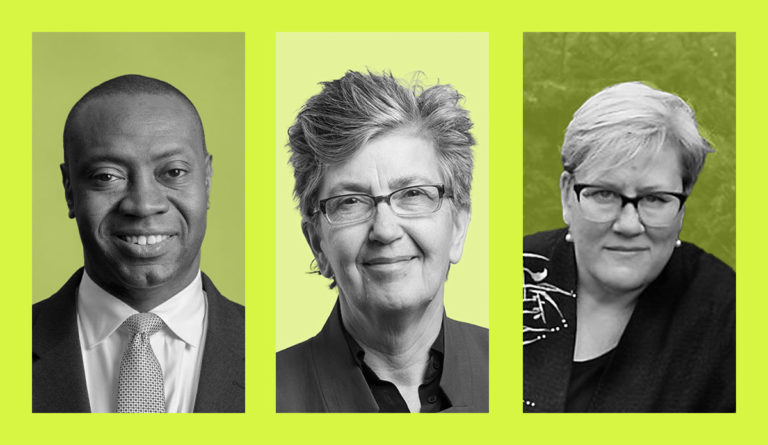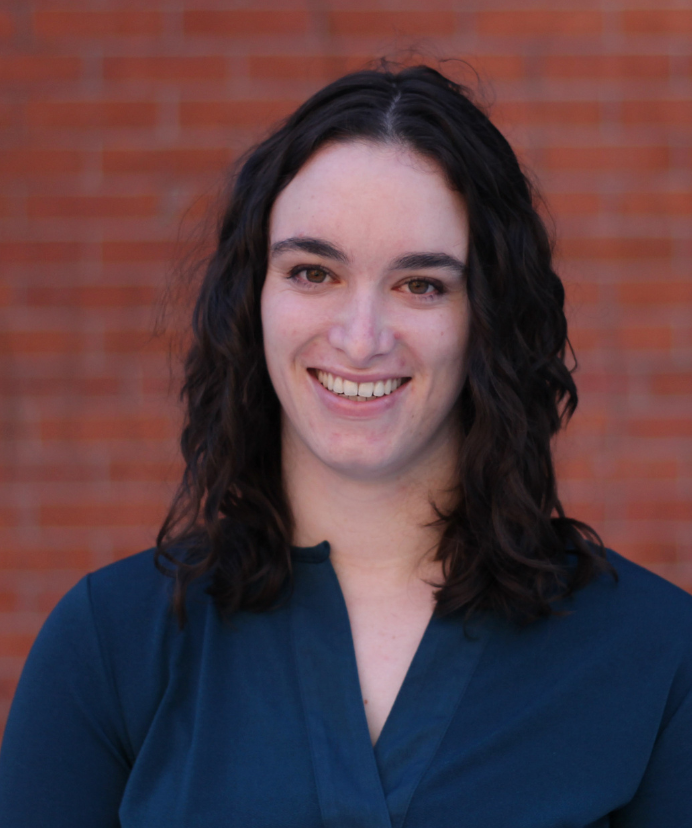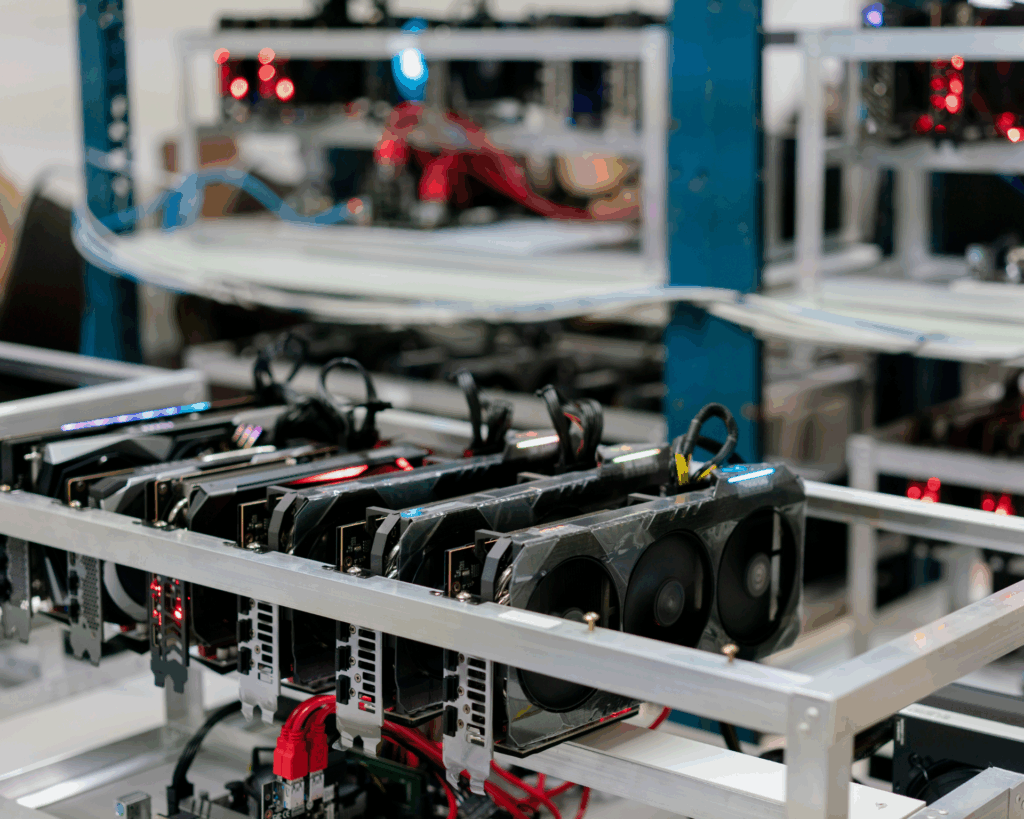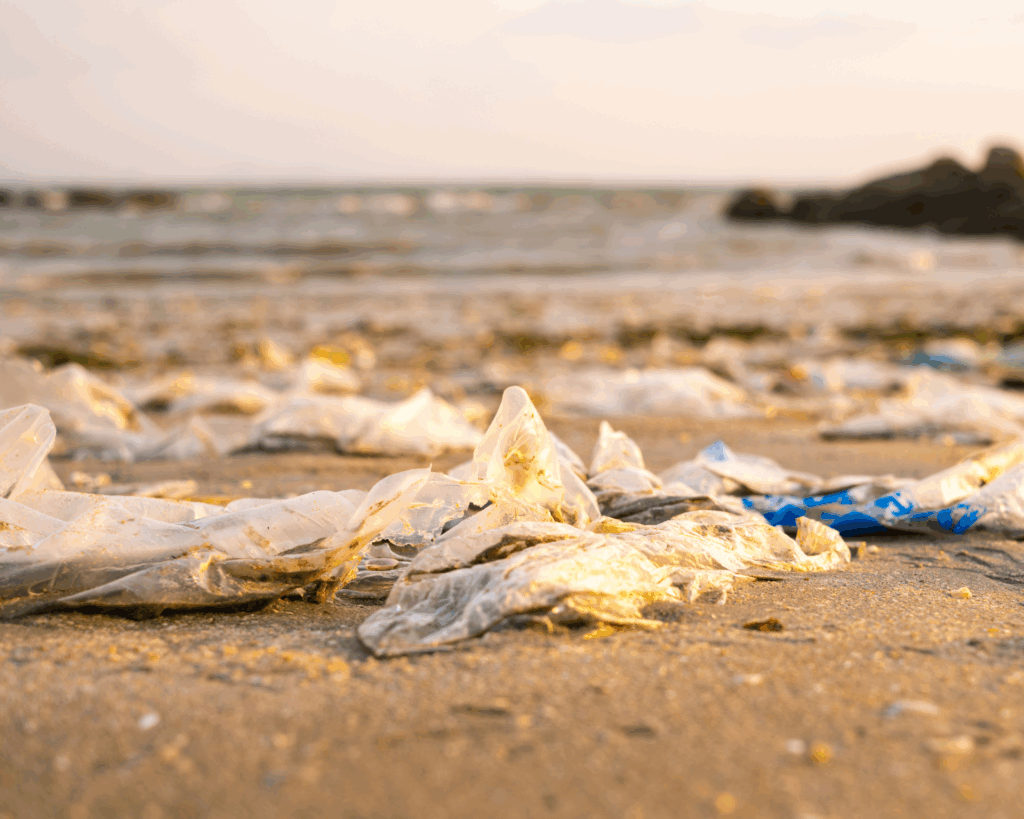Marshall Shepherd, Madeleine Thomson, and Rachel Kyte
Marshall Shepherd, Distinguished Professor of Geography and Atmospheric Sciences at University of Georgia; Rachel Kyte, dean of The Fletcher School at Tufts University; and Madeleine Thomson, interim head of Our Health, Our Planet at the Wellcome Trust discuss strategies for combating climate change.

Read Time: 4 minutes
Published:
PHP interviewed three climate experts: Marshall Shepherd, Distinguished Professor of Geography and Atmospheric Sciences at University of Georgia; Rachel Kyte, dean of The Fletcher School at Tufts University; and Madeleine Thomson, interim head of Our Health, Our Planet at the Wellcome Trust.
Public Health Post: Why do you think it is important to tackle climate change through a health lens?
Madeleine Thomson: First, in some areas of climate change mitigation we see what is called a “green premium”. Governments may need to cover this premium but can recoup the funding (and more) through health co-benefits. Second, we know that direct impacts of climate on health are significant today and will increase overtime. Third, the health community is widely considered to be a trusted voice by the general public. They’ve become an increasingly important voice on clear messaging on climate change and the need for climate action.
How do we encourage action at the government or individual level?
Rachel Kyte: People will respond if they believe that their ability to protect their family is at risk. The entry point to the mobilization of public opinion is: where does climate change hit you? It hits you if you can’t protect your crops, if you can’t protect your kids, if you can’t protect yourself, and you can’t protect your food.
Additionally, we know that the cost of inaction is much, much higher than the cost of action. Is it worth the investment in the ability of countries to continue to grow cleanly, take care of their growing populations and take care of the needs that those populations have? It is a geo-strategic question of how you maintain and build peace because peace is better and cheaper in the long run.
Marshall Shepherd: We need engagement from Fortune 500 companies, from faith-based organizations, the military, and so forth. When you start getting those types of stakeholders engaged on climate change, you blow up the false narrative that, “Climate change is a liberal issue and not a conservative issue.” It’s apolitical, the ice doesn’t care, it just melts. It doesn’t care if you’re red or blue. When we start to see these types of broad-based coalitions, that’s a positive.
What is the biggest challenge you see in combating climate change going forward?
Marshall Shepherd: We will have to move to a different energy economy. We have to move from a fossil fuel-based economy to a renewable energy-based economy, or a different set of energy considerations. That is going to be hard. Rallying around an acceptable policy lever that everyone can agree on is difficult.
Rachel Kyte: The big one is money and politics in the United States. The two enemies to urgent action in climate change are incumbency and inertia. The transitions we need are slowed down and made less likely by the ability of incumbents to slow the process down and by the inertia of a political system that doesn’t understand that urgency. We are not going to build that world until we wrestle the oil-soaked money out of policies.
Madeleine Thomson: If there is anything that we can learn from COVID it is the importance of acting when you need to act. I hope that is something that we can build on in the public discussion about climate. It makes a huge difference if we act today versus acting in five years.
What is one thing that you think the general public does not fully understand in relation to climate and climate change?
Marshall Shepherd: The thing that most people do not get is how influential climate change is in our lives right now. These are things that are happening right now.
Rachel Kyte: When people think about climate change, they think about hurricanes, fires, floods and extreme events. The mental health impacts and the more dispersed public health impacts are just as deleterious as the loss of life because of a fire or a flood. Additionally, the healthcare system needs to be built to support communities to be able to maintain their health. We have to have a health system which is fit for the crises of climate change and not be part of the problem.
Madeleine Thomson: What is our priority? People that you care about, including yourself, will be badly impacted by climate change, and you have an opportunity to act now. Let’s take that opportunity.
Photos courtesy of Marshall Shepherd, Madeleine Thomson, and Rachel Kyte



